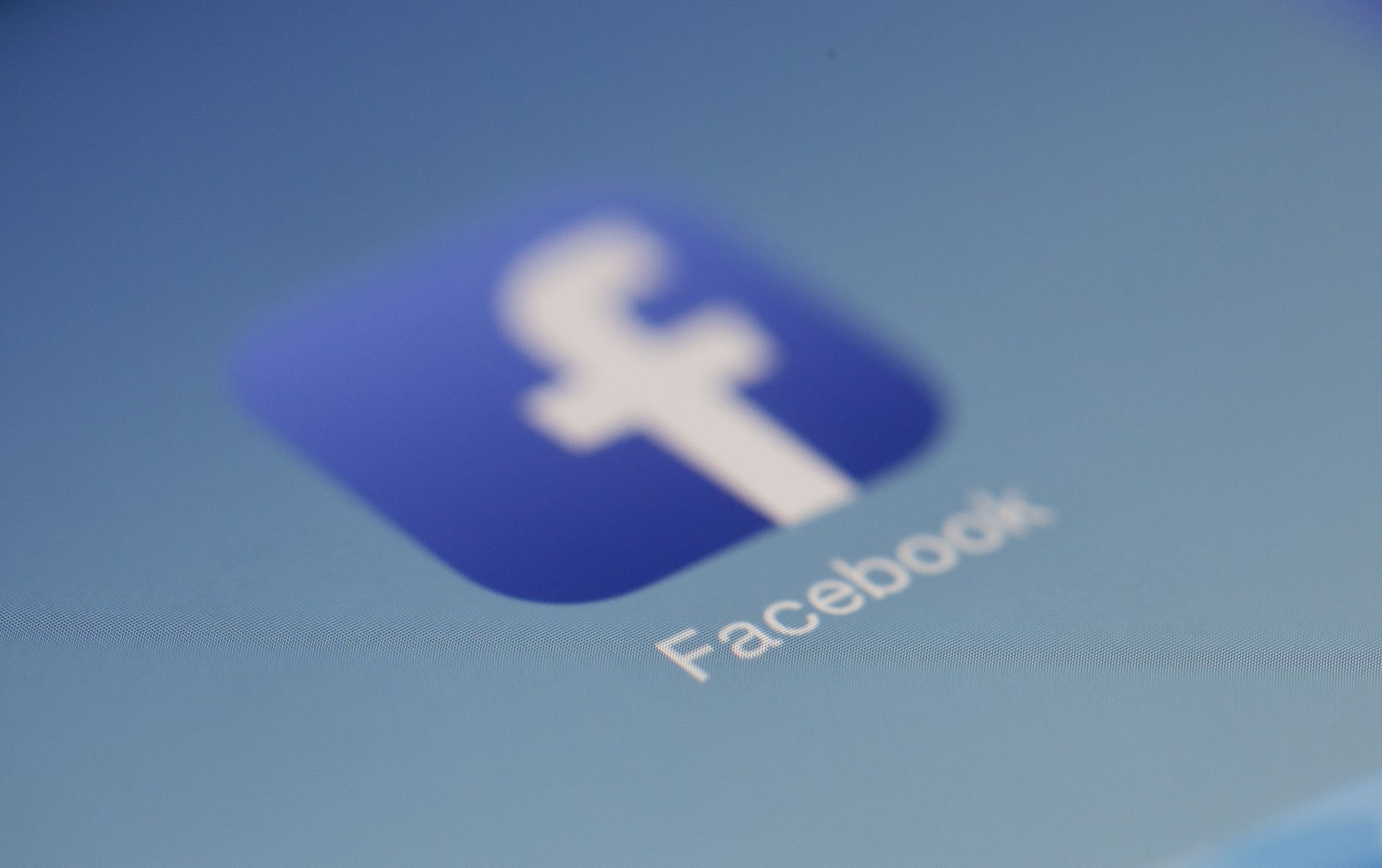It is a truism that the actual news story is not the puppy biting the guy, however vice versa. A projected U.S. law targeted small media outlets to resist large technology companies give new life to the old cliché. The dilemma is that the marketplace distortions that advantage Enormous Tech are too sophisticated for this to have many effects. Democratic Representative David Cicilline, among the patrons, has suggested a similar statement earlier. This time, however, technology businesses tend to be dangerously vulnerable.
The siege of this U.S. capitol on Jan. 6 revealed the threat of internet misinformation and how social media might help counteract it.
A shield such as the one the invoice would suggest is revolutionary in its program but not radical. Labor unions enjoy special treatment under contest rules. And there are just two issues. First, the legislation might help just the exact little books, and together they constitute only a tiny portion of their Large Tech’s company. Even if papers can buy en masse, there is no guarantee that the excess benefit goes to fund investigative neighborhood news instead of, say, dividends for private owners.
For a century or even more competition, regulators have focused mainly on costs and mergers, enabling businesses such as Facebook and Alphabet to develop with checks and balances.
Antitrust watchdogs have just recently turned their focus into this clout they wield. Australia is engaged in a face-off using Facebook overpaying press companies at a reasonable cost for information.
Whether an entire nation can not drive Facebook about, America’s local papers’ joint force will probably have a lot of chance.
An actual change in the equilibrium of power requires a fresh approach to the worth of data: that has it, the way they obtained it, and the way they utilize it. That means believing consumer information as a valuable asset, such as cash depositors in banks, and focusing on the headline, maybe not the tiny print.

